“Empowering Lives: Human-Centered Innovation in Health, Wellness, Aging, and Abilities”

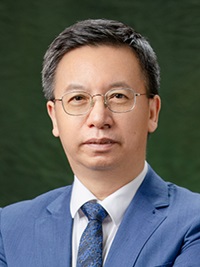
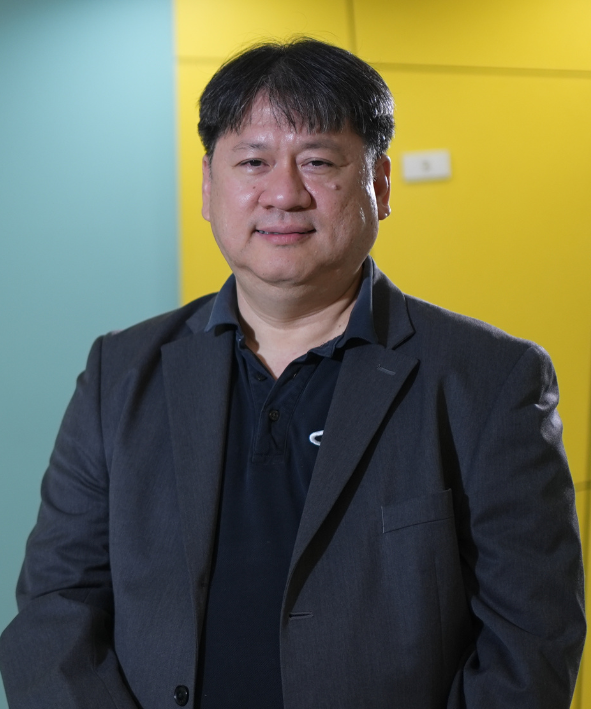
Addressing Thailand’s aging society and high stroke rates, this document details the design and development of rehabilitation innovations specifically for community use. It identifies a critical gap where community-level clinics lack appropriate tools and personnel. Imported robotic solutions are financially prohibitive, often costing 7-15 million THB, making them inaccessible.
The project’s objective was to create “Appropriate Technology” designed for the realities of Thai communities, rather than competing with foreign brands. This design philosophy prioritized key community-centric features:
This approach yielded four innovations—Manual Standing Wheelchair, Sit to Stand Trainer, IWalk, Space Walker, and Arm Booster —commercialized through local start-ups. This model aims to reduce health inequality by increasing patient access in remote areas and stimulating the grassroots economy.
Assistant Professor Dr. Banyong Rungroungdouyboon is the Head of the Center of Excellence in Creative Engineering Design and Development (CED-Square Center) at Thammasat University. He is a leading developer of medical innovations in Thailand, focusing on rehabilitation devices for stroke patients and the elderly.
Under his leadership, the CED-Square Center has created a suite of award-winning devices designed as “Appropriate Technology”—affordable, locally maintainable, and suited for community use. He was the lead developer for the Manual Standing Wheelchair and co-developed the IWalk , Sit to Stand Trainer , Space Walker , and Arm Booster.
His work follows a successful “research to market” model, which has led to the creation of four startup companies to commercialize these innovations. Collectively, these devices have been deployed in over 900 instances across Thailand, earning numerous royal and national research awards and reducing the country’s reliance on foreign imports by over 1,500 million THB.

The Building Infrastructure Leading to Diversity (BUILD) Initiative is part of the Diversity Program Consortium established by the National Institutes of Health (NIH) as a 10-year national collaborative to develop, implement, and evaluate innovative approaches to research training and mentoring, with the goal of promoting diversity in the biomedical research workforce.
In 2014, California State University, Long Beach (CSULB) was one of the ten universities across the United States to receive a BUILD award (2014-2024). CSULB is a large, urban, comprehensive university in the California State University system — the largest public university system in the United States. Among the 22 CSU campuses, CSULB is one of the largest and one of seven that have earned the R2 classification for high research activity by the Carnegie Classification of Institutions of Higher Education.
The CSULB BUILD Program takes a multifaceted approach to developing and strengthening a sustainable pipeline of biomedical researchers by expanding access and providing rigorous research and skills training to diverse undergraduate students. As one of the largest BUILD sites, the Program engaged students and faculty in health-related disciplines across four colleges: Engineering, Health and Human Services, Liberal Arts, and Natural Sciences and Mathematics.
Over the past decade, with $40 million in funding, the CSULB BUILD Program has made several long-lasting impacts on the campus and the community. The BUILD Student Training programs supported more than 400 undergraduate students; over 200 have matriculated into graduate schools, and 25 have earned doctoral degrees. The Program also enhanced campus research capacity and infrastructure by supporting faculty research and professional development through innovative initiatives such as Advancing Inclusive Mentoring and the Pre-Professor Program. These initiatives have since been institutionalized at CSULB and adopted by other institutions, further extending their impact.
This presentation will provide an overview of the CSULB BUILD Program, highlighting key activities and outcomes, best practices and lessons learned, and resources that can be adapted for implementation at other institutions.
Dr. Panadda (Nim) Marayong is a Professor and Associate Chair in the Department of Mechanical and Aerospace Engineering at California State University, Long Beach (CSULB). She is also the Director of the Robotics and Interactive Systems Engineering (RISE) Laboratory and Co-Director of the BeachCAVE Virtual Reality Lab at CSULB. She earned her B.S. in Mechanical Engineering from Florida Institute of Technology and M.S. and Ph.D. in Mechanical Engineering from Johns Hopkins University. Her primary research interests are in robotics, haptics, and the design of human–machine cooperative systems. During her tenure at CSULB, Dr. Marayong has secured more than $25 million in grant funding as a PI/Co-PI from NSF, NIH, and NASA. She served as Director of the Research Enrichment Core and as one of the PIs of the NIH-funded CSULB BUILD II Award. In addition to her teaching and scholarly work, she coordinates several outreach programs to promote STEM education among K–12 students. She is the recipient of the 2012 CSULB President’s Commission on the Status of Women Advancement of Women Faculty Award, the 2019 Orange County Engineering Council’s Distinguished and Pioneer Educator Award, and the 2023 CSULB President’s Award for Outstanding Faculty Achievement. Dr. Marayong is a member of the Institute of Electrical and Electronics Engineers (IEEE) and the American Society for Engineering Education (ASEE), where she has served as Chair of the ASEE Pacific Southwest Section and as a member of its Executive Board.
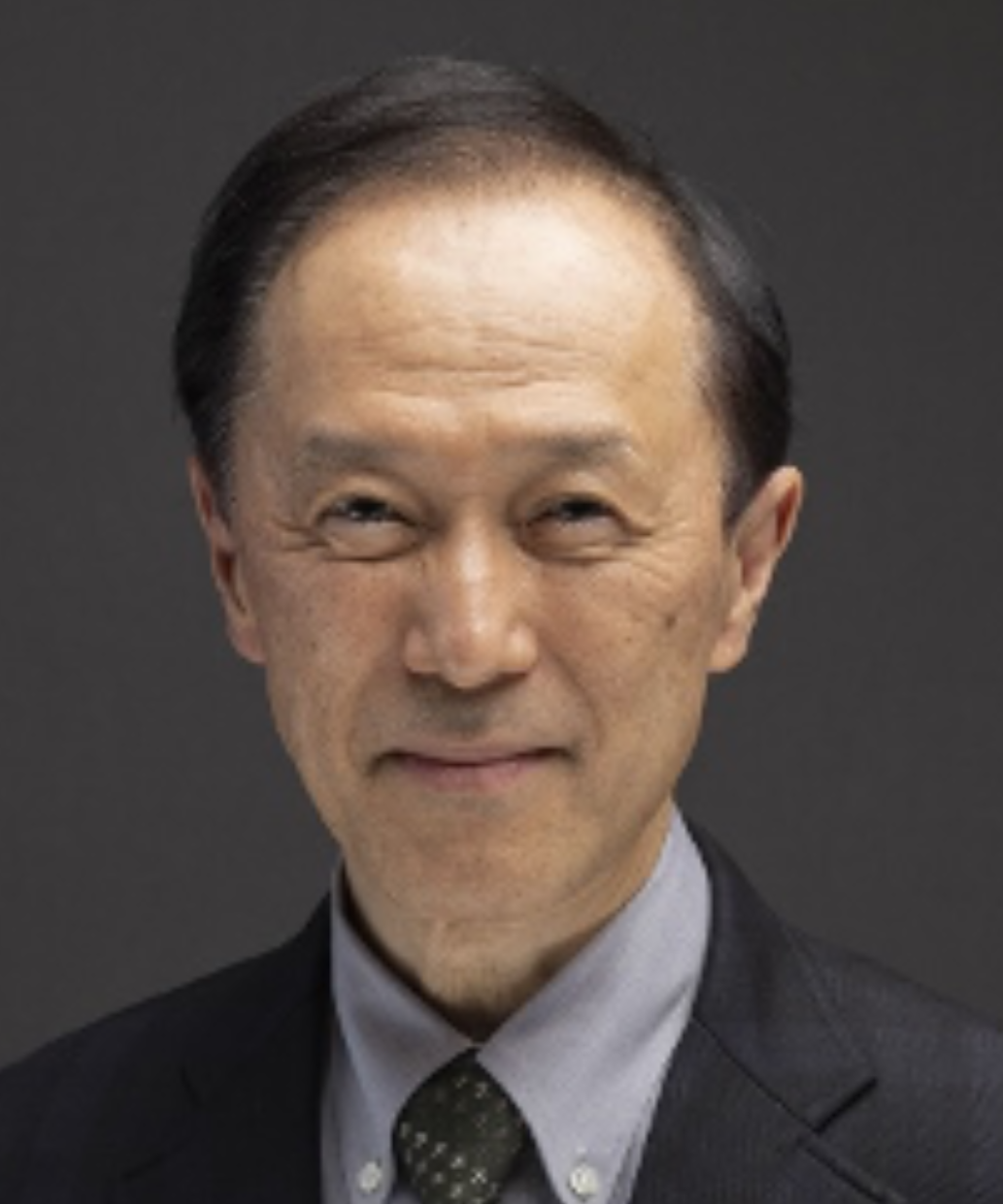
Biomedical engineering analyzes living organisms from an engineering perspective and explores the challenges of collaboration between living organisms and engineering technology. Biomedical engineering is a field that combines electrical and electronic engineering, mechanical engineering, materials science, informatics, medicine, and biology. Biomedical engineering focuses on various levels of living organisms, including the individual, organ, tissue, cell, and molecule. This article provides examples, focusing on the response of cells to mechanical and electrical stimuli. Biomedical engineering research elucidates the response of living organisms to external stimuli, and the results are useful for designing technologies and systems that work in harmony with biological functions in diagnosis and treatment based on the measurement and control of cells and tissues.
Dr. Shigehiro Hashimoto got his Bachelor of Engineering in Mechanical Physics (1979), and Master of Engineering at Tokyo Institute of Technology (1981), Tokyo, Doctor of Medicine at Kitasato University (1987), Sagamihara, and Doctor of Engineering at Tokyo Institute of Technology (1990), Tokyo.
He was Research Associate in School of Medicine (1981-1989), and Assistant Professor in School of Medicine (1989 -1994), at Kitasato University, Associate Professor in the Department of Electronics (1994- 2001), Professor at Osaka Institute of Technology (2001-2011), and Professor of Kogakuin University. He also was the Creator of the first Department of Biomedical Engineering in Japan at Osaka Institute of Technology (2005) and Director of its Medical Engineering Research Center (2005-2011). He was Associate to President and Dean of Admissions Center (2012-2018), Dean, Faculty of Engineering (2019-2021) at Kogakuin University, Tokyo. He experienced internship in Research Center for Artificial Heart in Free University in Berlin (1977). He is the author of the books of “Communication Training for Students in Multidisciplinary Academic Fields (2022),” “Polydimethylsiloxane, Structure and Applications (2020),” “Introduction to Biosystems Engineering (1996),” “Introduction to Bio-measurement Engineering (2000)”, and “Introduction to Biomechanical Engineering (2013).” shashimoto@cc.kogakuin.ac.jp
The 18 th International Convention on Rehabilitation Engineering and Assistive Technology (i-CREATe 2025) which will be held on November 24th-26th, 2025 at Bangkok, Thailand.


The Information Technology Foundation under the Initiative of Her Royal Highness Princess Maha Chakri Sirindhorn
73/1 National Science and Technology Development Agency Building, Rama 6 Road, Ratchatewi, Bangkok 10400, Thailand
Center for Biomedical and Robotics Technology
(BART LAB)
Faculty of Engineering, Mahidol University
999 Phutthamonthon Sai 4 Rd, Salaya,
Phutthamonthon, Nakhon Pathom 73170, Thailand
National Science and Technology Development Agency (NSTDA)
Thailand Science Park,
111 Khlong Nung, Phahonyothin Rd.
Khlong Luang, Pathum Thani 12120, Thailand
Copyright 2025 All Rights Reserved